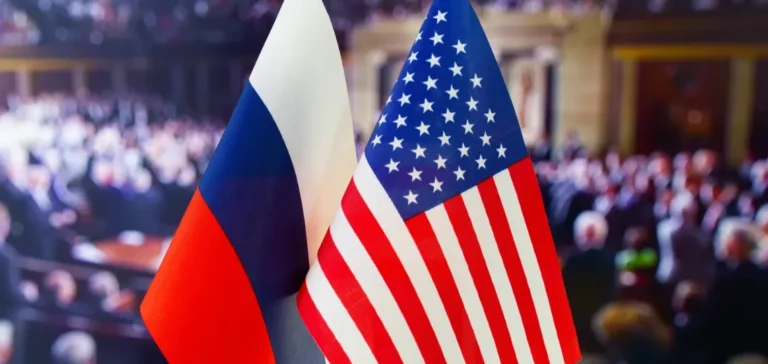Russia’s lower house of parliament has voted to officially withdraw from the bilateral agreement on the management and disposal of weapons-grade plutonium, signed with the United States in 2000. The agreement required each country to destroy 34 metric tons of plutonium—an amount sufficient to produce nearly 17,000 nuclear warheads.
The treaty was formally implemented in 2011, following a renegotiation the previous year. However, Russia unilaterally suspended its participation in 2016, conditioning any return to the agreement on the lifting of economic sanctions and a halt to the expansion of the North Atlantic Treaty Organization (NATO). The vote in the Duma now legally ends the prolonged suspension.
A rupture based on strategic divergences
Deputy Foreign Minister Sergei Ryabkov told lawmakers that the strategic context had “changed fundamentally”, making renewed cooperation impossible. He cited recent U.S. legislation providing military support to Ukraine, NATO enlargement in Eastern Europe, and what Moscow sees as unilateral changes by Washington to the technical procedures for plutonium disposal.
Russia accuses the United States of abandoning the original plan to convert plutonium into mixed oxide (MOX) fuel, opting instead for storage in liquid form. Moscow views this method as potentially reversible, allowing for future military use, and incompatible with the treaty’s original commitments.
Final legislative step before promulgation
The denunciation of the agreement, passed in three consecutive readings in the Duma, must now go before the Federation Council, Russia’s upper house. The law will then be submitted to President Vladimir Putin for signature. Lawmaker Vyacheslav Nikonov stated ahead of the vote that Russia may reconsider the agreement “if the United States changes its behaviour”.
According to the Federation of American Scientists, Russia and the United States still hold approximately 8,000 nuclear warheads combined, a significant reduction from the estimated 73,000 deployed at the height of the Cold War in the 1980s.






















